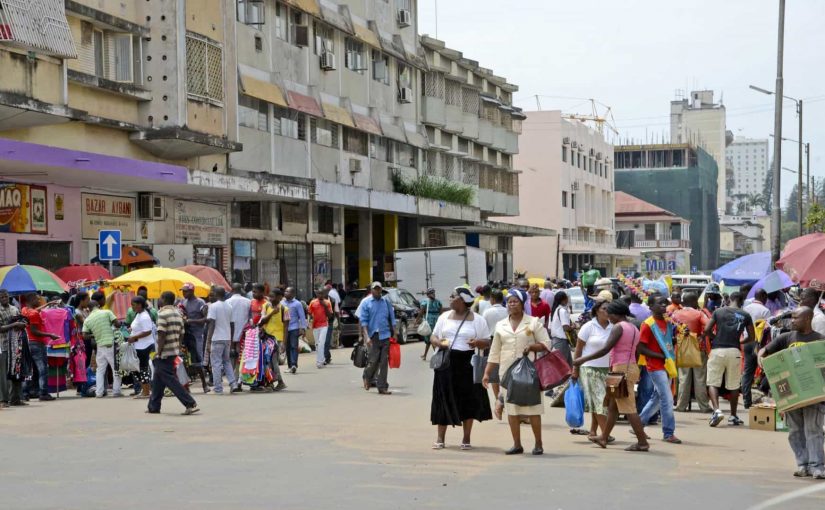ATAF launches hands-on support for tax audits in Mozambique
These are the countries with the shortest and longest workweeks

FILE - For illustration purposes only. [File photo: Notícias]
Shortened workweek experiments have found momentum across the world, as a growing number of companies make the switch to a shorter, 4-day workweek. Although company initiative is important, the overall work culture and labor laws of a country also have an important sway in the number of hours ultimately clocked in by its workers.
Here are the 5 countries with the shortest average workweeks, according to data from the International Labour Organization:
Vanuatu: 24.7 hours average per week per employed person
Kiribati: 27.3 hours average per week per employed person
Mozambique: 28.6 hours average per week per employed person
Rwanda: 28.8 hours average per week per employed person
Austria: 29.5 hours average per week per employed person
These are the 5 countries with the longest workweeks, according to the ILO:
United Arab Emirates: 52.6 hours average per week per employed person
Gambia: 50.8 hours average per week per employed person
Bhutan: 50.7 hours average per week per employed person
Lesotho: 49.8 hours average per week per employed person
Congo: 48.6 hours average per week per employed person
It is important to note that the distribution of these hours is not necessarily even. In the UAE, 46% of those employed work for more than 49 hours a week, which is considered the ‘excessive working limit’ by the ILO. In comparison, only 8% of those employed in Austria work over the excessive working limit.
The average American worker ranks roughly in the middle with 36.4 hours weekly, according to the ILO. This number is lower than those of South Korea (37.9 hours), China (46.1), Russia (37.8) and India (47.7), although it is higher than the numbers for the United Kingdom (35.9), Israel (35.4), Canada (32.1) and Norway (33.5).
Americans also have a longer workweek than that of the average European Union worker’s 30.2 hours weekly, according to 2022 data by the Organization for Economic Cooperation and Development (OECD).
In a survey conducted by the Randstad Workmonitor, 43% of Americans said they felt compelled to be available to their employers outside of regular work hours. In a separate survey, Morning Consult reported that 51% of Americans support slower employee response time outside of work hours, which is the norm in the European workplace.
Adequate working time has “a great impact on workers’ income, well-being, and living conditions”, the ILO reports. When it comes to finding the ideal average length of a workweek, balance is key.
While it is crucial to “protect workers’ health and safety by limiting working hours and providing adequate periods of rest and recuperation”, the ILO notes that it is just as important for workers to “have access to a minimum desirable number of hours of work, avoiding involuntary part-time employment and time-related underemployment.”












Leave a Reply
Be the First to Comment!
You must be logged in to post a comment.
You must be logged in to post a comment.